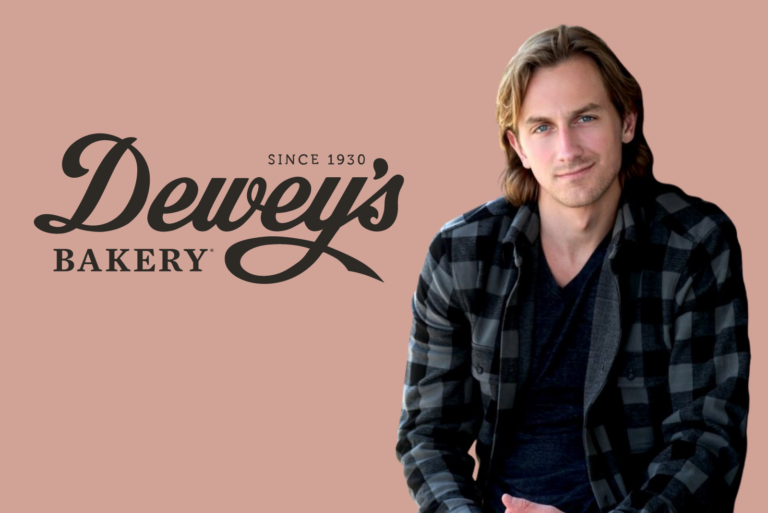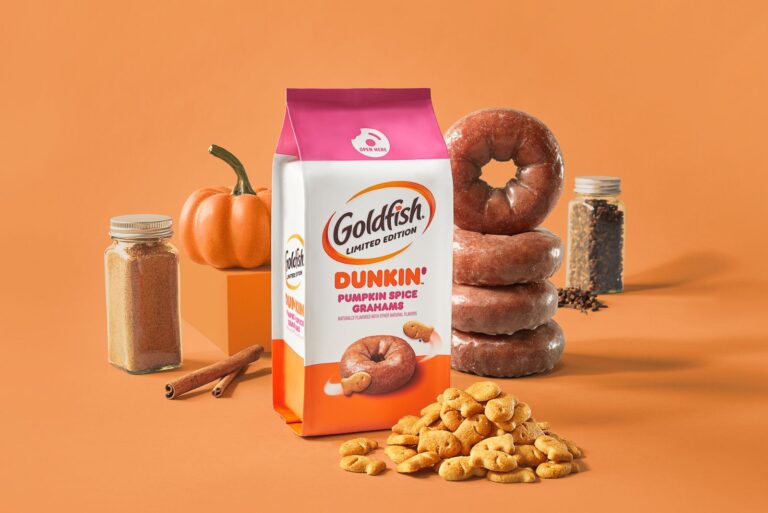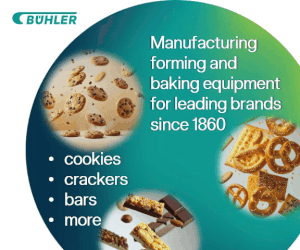KANSAS CITY, MO — As the baking industry becomes a breeding ground for M&A activity, a transformation is happening at breakneck speed.
From Mexico City-based Grupo Bimbo’s acquisition of UK-based St. Pierre Groupe and the addition of Dianne’s Fine Desserts into the Dessert Holdings portfolio to growth by acquisition from the likes of Crown Bakeries and Quebec City-based Bakery Humanity, the business of baking is driving change … in a big way.
Two years ago, most baking companies were either struggling to stay afloat or scrambling to keep product on store shelves. As the world settles into what’s unofficially considered a post-COVID-19 reality where disruption is the status quo, bakeries are pushing the envelope on innovation.
According to a report from Barnes Dennig — a Cincinnati-based tax firm with expertise in the manufacturing, transportation/logistics and wholesale/distribution fields — manufacturing has seen an uptick in M&A activity in the past year. That’s due to a few factors, according to the firm, starting with the return of production back to pre-pandemic levels.
Other factors include tax and regulatory issues, availability of funds, shifts in strategic growth plans and, of course, the impact of COVID-19 on businesses and their owners.








